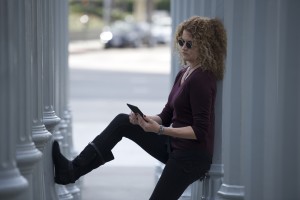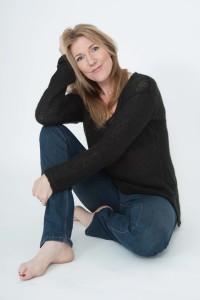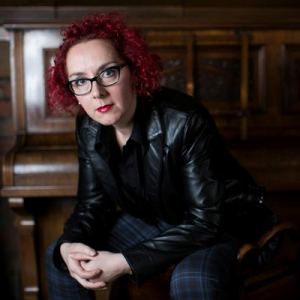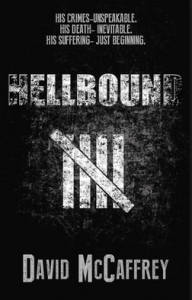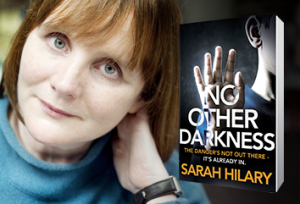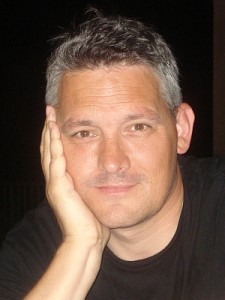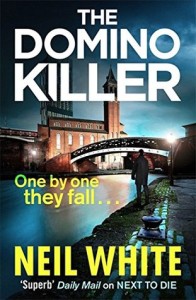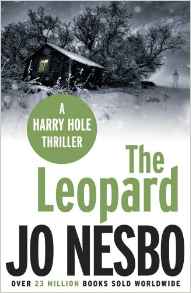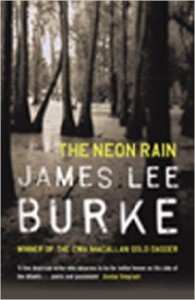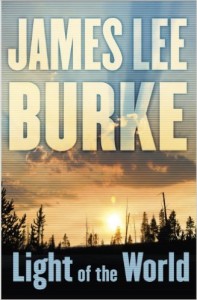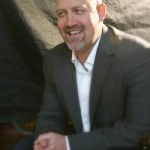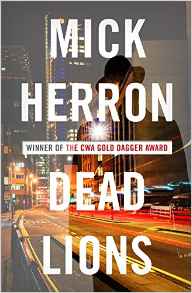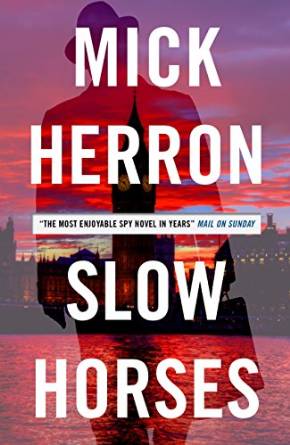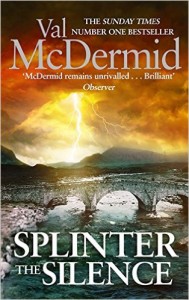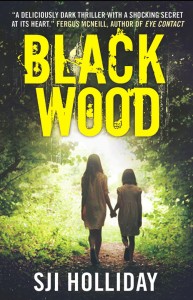 A few months ago I thought that it would be fun to try bring something different to my blog. I had enjoyed sharing guest posts and author Q&A’s as I felt they offered insights into an author’s creative process but I was looking for something a bit more reactive. The Q&A format I normally adopt did not allow for follow-up questions as all my questions are normally submitted in advance.
A few months ago I thought that it would be fun to try bring something different to my blog. I had enjoyed sharing guest posts and author Q&A’s as I felt they offered insights into an author’s creative process but I was looking for something a bit more reactive. The Q&A format I normally adopt did not allow for follow-up questions as all my questions are normally submitted in advance.
To get around this problem I decided to approach two authors and ask if they would be prepared to chat to each other (with me lurking in the background). I turned to Twitter looking with my guest ‘wishlist’ on standby.
I was thrilled, and more than a little humbled, that the first two authors I approached agreed to take part. First up was JS Law (author of the fantastic thriller Tenacity). I had loved Tenacity and at the time I asked James if he would like to be involved in my author chat his book had recently launched – not brilliant timing on my part as James was swamped with demands upon his time.
The other person I had wanted to ask was Black Wood author, SJI Holliday. Susi’s debut novel had really caught my attention in the early part of the year, I loved her characterisation and despite setting the story in a fictional town everything had seemed so very real as I read.
I had purposefully selected my guests from different publishers, I tried to make sure they came from different parts of the country and were unlikely to know each other outwith Twitter and Social Media…as it turns out 2 out of 3 was not bad!
After ‘introducing’ Susi and James I then got caught up in a bit of good natured name calling and cheeky put-downs. Seems my plan to bring together two strangers had not quite worked out that way. But it did make for an easy opening question for me:
Me: Perhaps I should open with bringing me up to speed? When I suggested this chat I had no idea that you two knew each other, I quickly find that I am wrong about this! So how did your paths first cross?
Susi: You can blame Harrogate for all this… I think we first met 3 years ago, and Jaegerbombs aside, we’ve become good mates – we both had lots of angsty chats before finding publishers, so it’s nice to be able to do stuff like this now when we both have books on the shelves. We’re a supportive bunch, us crime writers! You’ll find that a lot of us have got to know each other… helps with the days when we are banging our heads off walls wailing about how we can’t write 
James: Before getting my publishing deal, I spent a lot of time attending writing events, networking and trying to better understand the environment. I met Susi at Harrogate a few years ago and you might say we just hit it off. I recall at the time that Susi had an agent and no deal, and I was agentless, so we’ve both come a long way.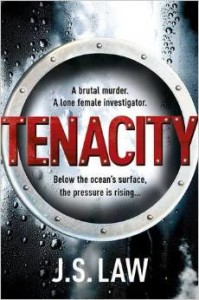
The crime community is quite small, but very supportive, and long before I was published I really loved that I could go to an event and hang out for a beer with writers that I’ve been fans of for years. I think this warmth and new circle of friends also helped me confirm what I think I already knew, and
that was that Crime and Thrillers was where I wanted to be. I look forward every year to the key events of Crime in the Court at Goldboro Books, Crimefest, Theakston’s Old Peculiar at Harrogate and Bloody Scotland, among others as it’s a chance to mix with the other writers and loads of readers, sink a few beers and remind myself that there’s a life beyond my current manuscript.
The publishing journey is different for us all, but at the events I gain so much experience from the more established writers and so much support, such as being friends with Susi, that it’s just part of the job now, and I wouldn’t miss any unless I had to.
So, Susi – drinking stories aside, why do you go to these events? Same reasons as me? If so, what value do you think you get beyond the support and encouragement?
Susi: I completely agree with James here. The events are invaluable, and I can’t imagine being a crime writer and not taking part in them. I’ve been doing some library events recently, and although they don’t always run exactly to plan (I had one with 3 attendees. One very old, one didn’t really understand English, and the third was aggressive and succeeded in making the whole thing rather uncomfortable) – it’s a great way to find new readers, as well as hone your skills when it comes to talking about yourself for an hour (which is much harder than it sounds). I tend to add anecdotes and mention other writers too, basically doing anything to keep the audience engaged and entertained. I have a great story about a psychopathic orange peeler, but not sure if I should commit it to print… it will be one of those folkloric legends… ‘Have you heard Susi Holliday talking about the weirdo with the orange?’
As James says, when we met, I had an agent but no deal. I actually hadn’t even finished the book at the time. I finished it a week later, but it took a good few months to find a publisher. I remember James being very supportive at that time, and he was also just starting to send out Tenacity to agents, so it was good to be able to give each other a rallying call when required.
I’ve written 50k words since I came back from Harrogate this year. I always come back from an event feeling buoyed and inspired. Hearing other authors speak is always entertaining (and that’s both on the stage and in the bar). It’s always great to chat to your author friends and peers about ideas, research and all that stuff. A lot of us have become good friends from meeting at events, and we keep in touch on social media and email too. It is a lonely thing, sitting down in front of a computer all day, talking to the characters in your head. We’re lucky that crime writers are a great bunch!
Something that I always find interesting is how we all manage to fit it all in. Writing takes time and headspace, and there are pesky things like other halves and kids and jobs too… I’ve recently taken a bit of time off to finish this draft, and I’m lucky that I can usually work part-time. How do you cope with fitting the writing around your day job, James?
James: Time is always an issue – family and a job that can be upwards of 50 hours some weeks – so for me the writing has to be my relaxation, the way I decompress. If it ever became a chore I genuinely don’t know if I could do it (I bet there’s a load of experienced authors out there now laughing at that now – like when a new parent talks about loving getting up at night with their lovely new baby, it soon wears you down). I write mostly in the evenings and on weekends when the kids are off doing other things, but I’m more and more looking to do retreats to give me big blocks of writing so that I can knuckle down. I have my first proper solo retreat coming up soon – 5 days in a remote cottage – so I’ll let you know how that goes – fingers crossed it’ll be very productive.
This always makes me think about wordcounts – I’m an obsessive planner/plotter and so when I start writing I usually like to have a very good idea what it is I’m going to write – with chapter plans and a good story summary. If I have this, I have, in the past, hit as many as 12,000 words in a day, though I can’t sustain that. A good evening for me is 2,500 words and a good day at the weekend would be 5,000 plus. It’s worth noting that my first drafts are very dirty, and I mean awful – filled with lines like ‘This is shit, write something better in here’ and ‘research snipers and write this again so it isn’t crap’ so there is a cost associated with my hight(ish) word count outputs.
How does that compare to you, Susi??
 Susi: I’m not quite as much of a planner, but I did outline my second book and it meant I was able to get the words down a lot quicker. 5,500 is the max I’ve ever done in a day. 2,500 is more usual. I just wrote 50k in a month which was gruelling! I’m having a break now before starting edits – catching up on some reading before my to-be-read pile turns into an avalanche! I recently read The Blissfully Dead by Mark Edwards and Louise Voss, and Steve Mosby’s I Know Who Did It (both were brilliant).
Susi: I’m not quite as much of a planner, but I did outline my second book and it meant I was able to get the words down a lot quicker. 5,500 is the max I’ve ever done in a day. 2,500 is more usual. I just wrote 50k in a month which was gruelling! I’m having a break now before starting edits – catching up on some reading before my to-be-read pile turns into an avalanche! I recently read The Blissfully Dead by Mark Edwards and Louise Voss, and Steve Mosby’s I Know Who Did It (both were brilliant).
Do you find that reading great books makes you doubt your own ability? Do you suffer from ‘everything I’m writing is shit’ syndrome? And I don’t mean during the first draft.
James: Oh god yes! I no longer read fiction during my first draft and William McIlvanney is to blame. I was reading his first Laidlaw book when I was working on one of my first drafts and his sense of place is so strong, his characterisation just spot on, his descriptive prose……. The list goes on and it just shales my confidence. But it’s more than that too – if I’m reading a really strong novel, I start to take on those traits, like during the Game of Thrones novels (no, I haven’t bothered to watch the tv series) I found I started to err towards longer more descriptive passages, you know, forty-two pages of what Dan was wearing and what she had for breakfast ;-), but seriously, I find that a strong writing style can really impact on me and I start to lose my own voice – so I try to be very careful.
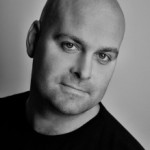 During first draft, it’s all non-fic for me.
During first draft, it’s all non-fic for me.
And, to be honest, I’m very hard on what I write – occasionally I write something that I think might not be shit, but not often – that’s why I don’t work in sales!
Susi: Manic is the only way I can operate. When things slow down, I get lazy. I’m just about to embark on my 3rd book now, and I’m hoping to write it fast and furious…
Meanwhile – yes, Bloody Scotland this weekend! Back full circle on the festival question! I’m looking forward to catching up with friends and doing the fresh blood panel. Plus I have a special event on the Saturday night…
****The Special Event was a star turn at the Curly Coo pub where Susi was joined by Alexandra Sokoloff, Lucy Ribchester, Kati Hiekkapelto, Steph Broadrib (Crime Thriller Girl) for a show-stopping, bar stomping performance of Chicago showtunes. Other performers on during the evening included Val McDermid, Steve Cavanagh and Michael J Malone.****
Prior to starting book 3, I’m trying to write a short story. Not written one for a while and feeling that it’s become difficult all of a sudden… James, do you write short stories, or is it novels all the way?
James: I love short stories! Love them. I used to write loads and have entered dozens of short story comps. I’ve just never won one  honestly, I doubt there’s any literate person in the UK that hasn’t beaten me at a short story comp!
honestly, I doubt there’s any literate person in the UK that hasn’t beaten me at a short story comp!
Interestingly, Dan Lewis, my lead in Tenacity, started off as a short story. I forget what comp it was, but it was one where they give you a title, or maybe a topic, and you have to write a story. I wrote about a woman in a man’s world and created Dan. It was several years later when I came back to her again and wrote Tenacity, where she really came into her own.
****At this point in the chat the mania went into overdrive and we all got distracted elsewhere. On returning in late in the year we picked up where we left off and I was keen to find out what had been happening during the chaos. I had met Susi at Bloody Scotland where she sneaked a little information about her next book during her panel. James, I believe, was happily distracted by the Rugby World Cup. Christmas and New Year slipped by so I caught up with Susi to get some more information on her new book****
Me: Susi, in Stirling (Bloody Scotland) you indicated that you had a new book coming in 2016, can you share any more information yet?
Susi: Yes! It’s called Willow Walk. It’s set in Banktoun (same as Black Wood) but features new characters and a completely new story, so it’s a follow-up in some ways, but really it can be read standalone. It’s about a woman who is being stalked by the brother that nobody knew she had… It’s out in spring and I’m quite excited about it!
My most sincere thanks to James and Susi for giving so much of their time. I knew from the outset that I was asking for something which would be an ongoing distraction and they were magnificent in keeping this conversation going for a significant number of weeks, despite all their other commitments and constant demands upon their time.
SJI Holliday
SJI Holliday grew up in East Lothian. A life-long fan of crime and horror, her short stories have been published in various places, and she was shortlisted for the inaugural CWA Margery Allingham competition. She is married and lives in London. Her debut novel Black Wood was out in 2015.
Black Wood is published by Black & White Publishing and can be ordered here
JS Law
James joined the Royal Navy in 1993 as an apprentice and went on to serve for twenty years, the latter half of this career spent in the Submarine Service. He rose through the ranks, taking a commission as an engineering officer in 2001, and serving as a Senior Engineer and Nuclear Reactor Plant Supervisor, where his responsibilities ranged from the safety and operation of the submarine’s nuclear power plant to hydraulic plants, fridges and toilets; it was the latter of these tasks that brought the majority of any pressure.
His final years in service were spent training submariners in the role of Senior Lecturer in Nuclear Reactor Engineering, where he lectured and mentored future submarine operators of all ranks and rates.
Having written short stories and novels throughout his naval career, James completed an MA in Creative Writing at Portsmouth University shortly before leaving the navy in 2013, completing his debut novel, Tenacity, shortly afterwards.
James lives in Hampshire with his wife, Elaine, and two children. He spends what spare time he has riding his bike around the South Downs and travelling to Edinburgh to watch Scotland play rugby at Murrayfield stadium.
Tenacity is published by Headline and can be ordered here
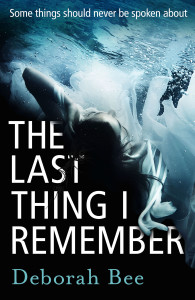 Two protagonists/dual narrative – rooky error or good plan?
Two protagonists/dual narrative – rooky error or good plan?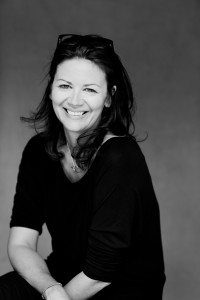 Protagonist 2 then was really a pair of eyes. An undercover agent almost, who could describe life on the outside. Kelly is fourteen and should be the innocent of the piece. But right from the start we discover that she is far from innocent, far from her school-girl appearance. She’s mouthy. She swears constantly. She uses the wrong words. She’s funny. I wanted Kelly to be the antidote to Sarah.
Protagonist 2 then was really a pair of eyes. An undercover agent almost, who could describe life on the outside. Kelly is fourteen and should be the innocent of the piece. But right from the start we discover that she is far from innocent, far from her school-girl appearance. She’s mouthy. She swears constantly. She uses the wrong words. She’s funny. I wanted Kelly to be the antidote to Sarah.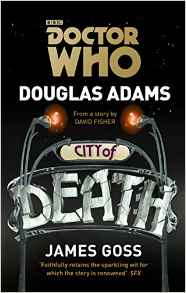
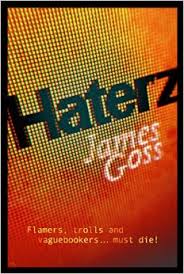
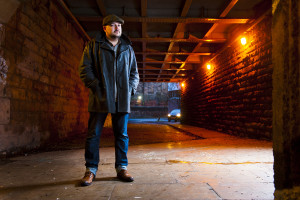
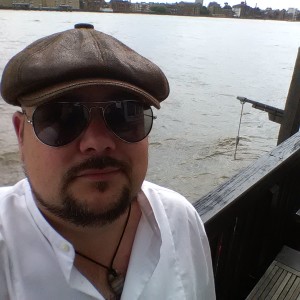
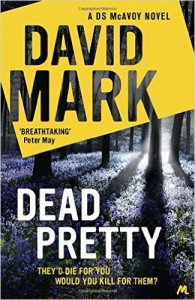





 honestly, I doubt there’s any literate person in the UK that hasn’t beaten me at a short story comp!
honestly, I doubt there’s any literate person in the UK that hasn’t beaten me at a short story comp!